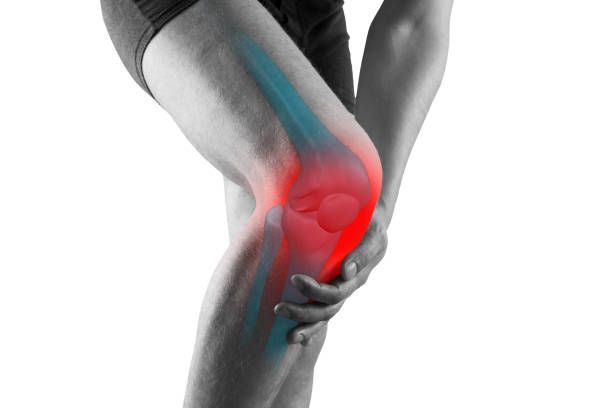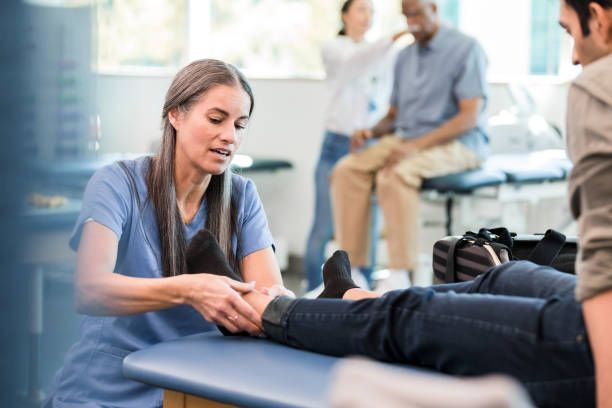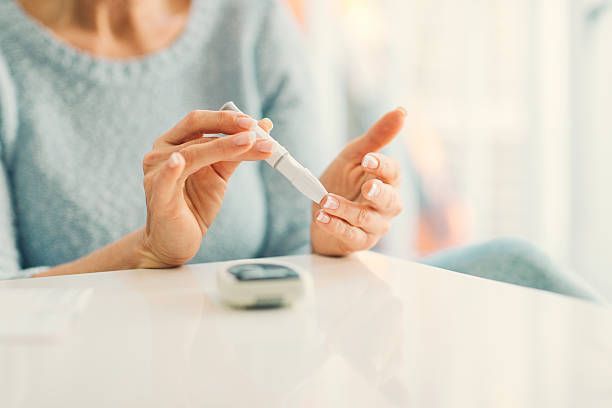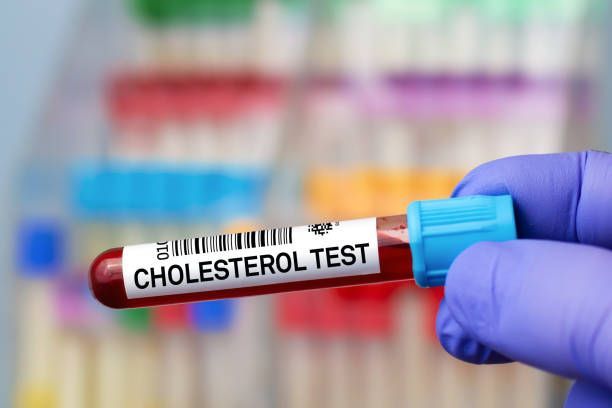What’s Causing That Swollen Joint? When to Seek Help
A swollen joint can be uncomfortable, alarming, and sometimes even limit your ability to move. While mild swelling may resolve on its own with rest and home care, some cases require medical attention, especially when the swelling appears suddenly, is painful, or is linked to an injury.
At UrgiClinic, we understand that joint pain doesn’t always happen at a convenient time. Our urgent care team is here to evaluate urgent cases of swollen joints and guide you toward the right treatment when you can’t wait for a primary care appointment.
In this guide, you’ll learn:
- Common causes of swollen joints
- Signs that it may be urgent
- How doctors diagnose joint swelling
- When urgent care can help
Why Joints Swell
Joint swelling happens when there is excess fluid around or inside the joint. This can be due to injury, infection, or an underlying medical condition. Sometimes, swelling comes with pain, stiffness, or redness, clues that help point to the cause.
Common Causes of Swollen Joints

A swollen joint can result from a variety of conditions:
- Injury or trauma – A sprain, fracture, or dislocation can cause immediate swelling.
- Arthritis – Both osteoarthritis and rheumatoid arthritis can lead to long-term joint swelling.
- Gout – A buildup of uric acid crystals, often in the big toe, causes sudden and very painful swelling.
- Infections – Bacterial infections can spread to a joint (septic arthritis), requiring prompt treatment.
- Overuse – Repetitive activity can irritate joints, leading to inflammation.
When to Seek Medical Help for Joint Swelling
Not all joint swelling requires immediate care, but you should seek help if:
- The swelling appeared suddenly after an injury.
- The joint looks visibly deformed.
- You can’t put weight on the joint or move it.
- There is warmth, redness, or fever (possible infection).
- The swelling has lasted more than a few days without improvement.
Some cases can be safely managed at home, but others require urgent evaluation to rule out serious issues.
How Doctors Diagnose Joint Swelling

If you visit a healthcare provider for a swollen joint, they may use:
- Physical exam to check for tenderness, movement limits, and warmth.
- X-rays or MRI to look for fractures, dislocations, or cartilage damage.
- Blood tests to check for signs of arthritis, gout, or infection.
- Joint fluid analysis if infection or gout is suspected.
How Urgent Care Can Help with Swollen Joints
At UrgiClinic, our urgent care services focus on immediate evaluation of swollen joints that can’t wait for a specialist.
We provide:
- Walk-in access: No need for appointments.
- Injury assessment: Quick checks for sprains, fractures, or dislocations.
- On-site imaging: X-rays available for urgent cases.
- Referrals if needed: Connection to orthopedic or rheumatology specialists for ongoing care.
While urgent care does not manage long-term arthritis or chronic joint conditions, it plays an important role in ruling out emergencies and stabilizing injuries.
Walk In With Us
At UrgiClinic, we provide evaluation and treatment for swollen joints when your situation can’t wait. Whether it’s an injury, sudden swelling, or pain that keeps you from your daily activities, our team is ready to help.
No referrals. No long waits. Just timely care to get you answers and relief. Walk in with us today.













